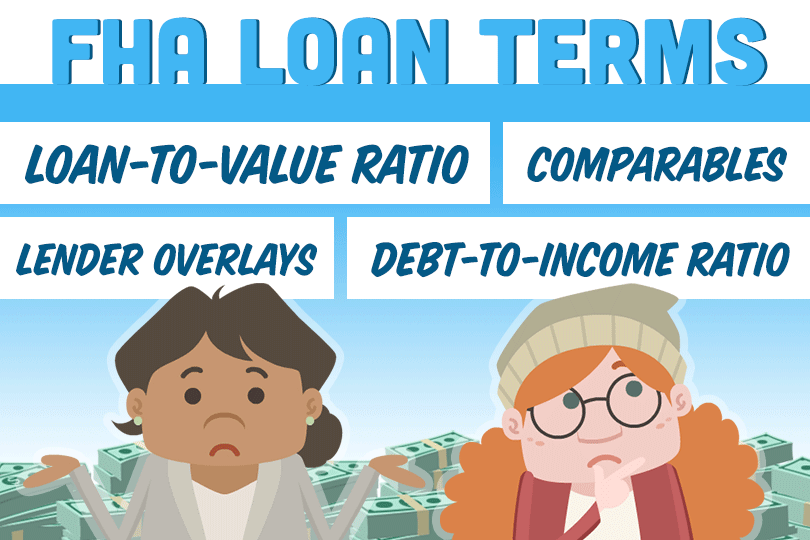Home Loan Terms You Should Know

Annual Percentage Rate (APR)
Some borrowers confuse this with the interest rate on a mortgage. An annual percentage rate is, in the words of the Consumer Financial Protection Bureau, “a broader measure of the cost of borrowing money than the interest rate.
The APR reflects the interest rate, any points, mortgage broker fees, and other charges you pay to get the loan.” That is why your APR is typically higher than the home loan interest rate.
Construction Loan
A construction loan refers to the type of purchase loan where the lender and borrower agree on a loan to build a home from the ground up.
There are different types, including the One-Time Close construction loan and construction-only loans. Borrowers who want a single loan to cover both construction and the mortgage itself will want to ask about One-Time Close mortgages.
Closing Costs
This is a fairly simple term referring to the expenses you will pay at closing time, such as mortgage insurance, lender fees, and other costs. Closing costs may be financed into the loan depending on the nature of the transaction, the nature of the cost itself (some cannot be financed), and other variables.
Down Payment
A down payment doesn’t really need to be defined here, but it’s important to note that closing costs (see above) are not considered part of the down payment.
For our purposes, we include “down payment” to remind borrowers that it’s a 100% separate expense from other closing costs and paying for mortgage insurance or appraisal fees does not count toward your down payment.
Draw
A draw is used in various ways for some home loan transactions, including FHA One-Time Close construction loans, FHA 203(k) rehab loans, and even FHA energy efficient mortgages. A draw is defined as cash disbursed by the lender to a contractor to pay for costs associated with building, remodeling, or upgrading a home. A draw is typically paid in increments based on completed labor or for required materials.
Escrow
Investopedia defines escrow as “a financial agreement whereby an asset or money is held by a third party on behalf of two other parties that are in the process of completing a transaction.” You are typically required to use escrow for any project that requires a builder or other third parties.
Jumbo Loan
FHA loans are subject to county limits. High-cost areas have higher FHA loan limits than typical housing markets. If a borrower wants to buy a home with a higher price tag than the current loan limit, they can negotiate a jumbo loan with the lender.
A jumbo loan exceeds the FHA loan limit but may be subject to higher credit qualifying criteria and higher costs for the mortgage.
------------------------------
RELATED VIDEOS:
Sometimes It Pays to Refinance
Don't Forget Your Closing Checklist
Your Home Loan is Called a Mortgage

Do you know what's on your credit report?
Learn what your score means.







